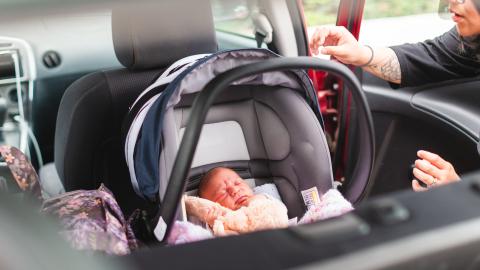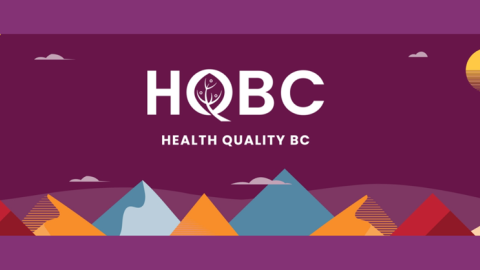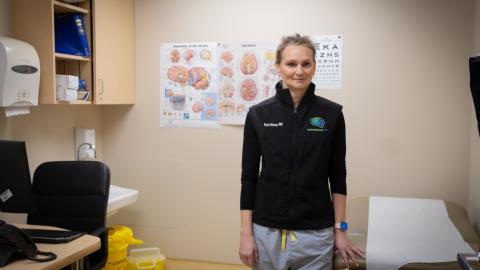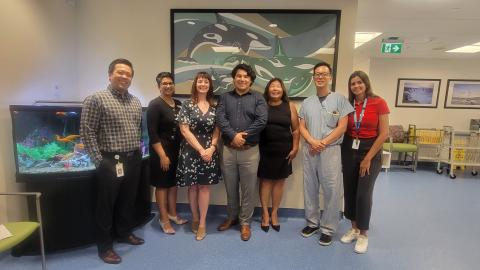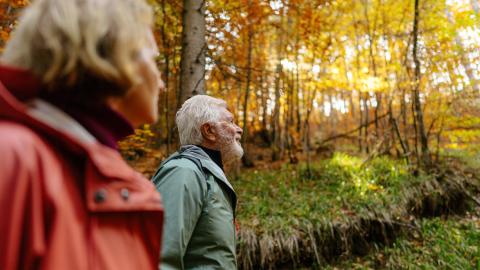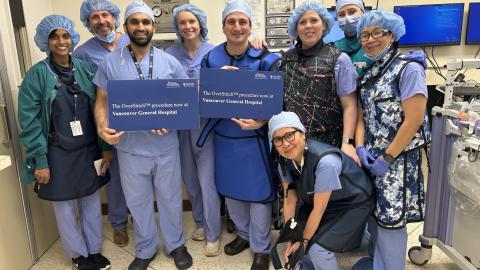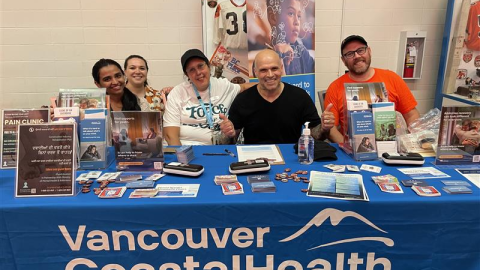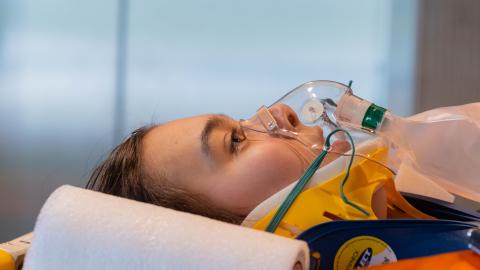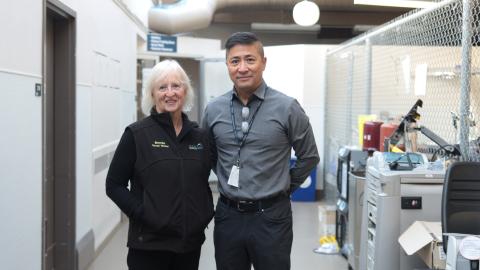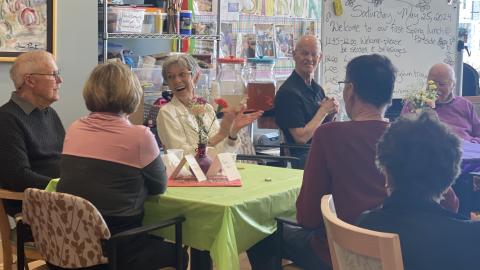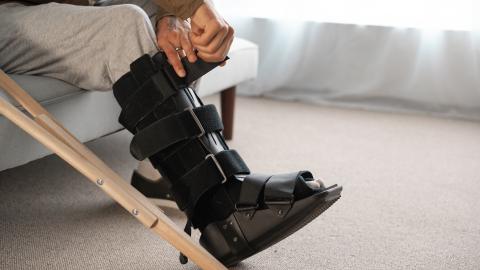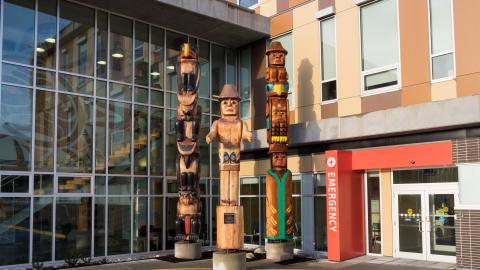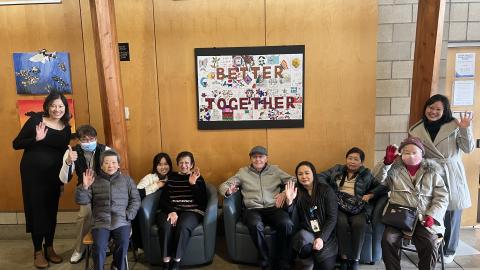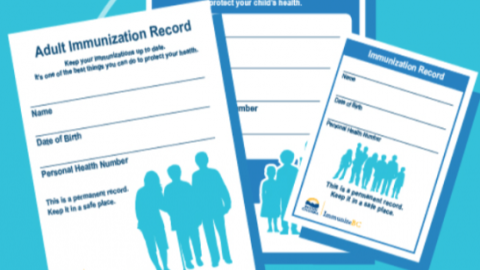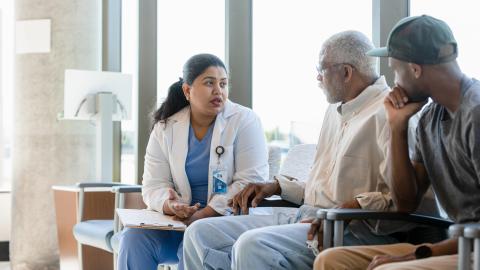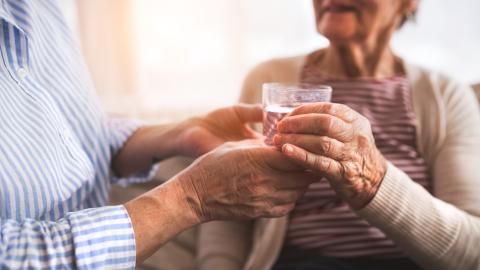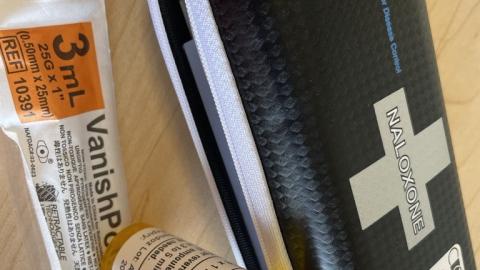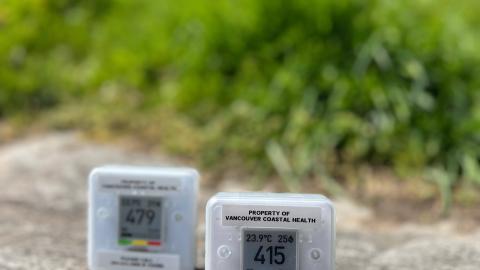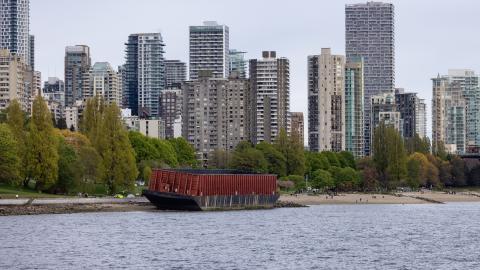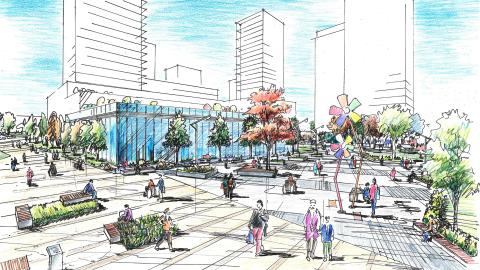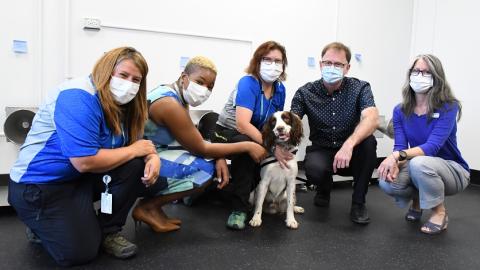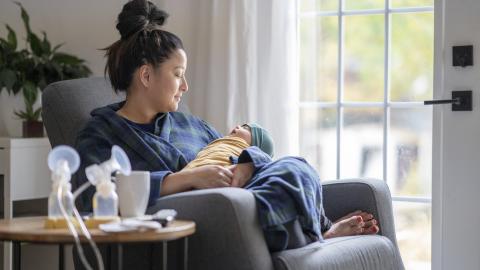Information bulletin
BC’s Take-Home Naloxone program expands to UBC
Vancouver, BC – The Urgent Care Centre at UBC Hospital is now equipped with take-home naloxone kits to offer to patients at risk of overdose. UBC joins other hospitals and health care facilities in Vancouver Coastal Health (VCH) in offering take-home naloxone.
“You never know whose life you could be saving by making naloxone kits available to patients and accessible to students,” said Health Minister Terry Lake. “Expanding our Take Home Naloxone program is one strategy of our comprehensive plan to prevent overdose deaths because no family should have to go through such a tragedy.”
UBC students can also pick up a free naloxone kit on campus from Student Health Services if they think they are at risk of an overdose. With the kits, students receive training from a nurse on how to recognize the signs of an overdose, how to administer naloxone as well as information on drug use.
Within the next few months, all 14 urgent care centres and emergency departments in the Vancouver Coastal Health region will have naloxone in stock for nurses and doctors to give to patients on discharge. There are 62 additional sites in the VCH region, including community health centres and harm reduction services, where the kits are available.
Between January and September 2016, there were eight illicit drug overdose visits to the UBC Urgent Care Centre, compared with six for the same time period in 2015. “Although we see a relatively small number of illicit drug overdose visits at UBC Urgent Care Centre, it’s important that people who use substance – including recreational users – have access to naloxone,” says Dr. Réka Gustafson, Medical Health Officer, Vancouver Coastal Health. “Naloxone works on the opioid class of drugs, which include heroin, fentanyl, morphine and methadone.”
“Young adults who use party drugs are at-risk of an opioid overdose and may not even know it,” says Karen Barclay, Program Manager, Community Mental Health & Substance Use. “The cocaine, ecstasy or molly they are taking at parties can be laced with the opioid, fentanyl, which can be up to 100 times more potent than morphine.” Even small doses of fentanyl can suppress breathing and cause overdose, resulting in severe brain damage and death. Naloxone blocks opioid receptors and restores breathing within two to five minutes.
Having naloxone kits widely available is just one of the initiatives underway to help address the public health emergency related to the rising number of illicit drug-related overdoses and deaths.
The initiative supports the work of the Joint Task Force on Overdose Response. Headed by Provincial Health Officer Dr. Perry Kendall and Director of Police Services Clayton Pecknold, the task force is providing expert leadership and advice to the Province on additional actions to prevent and respond to overdoses in British Columbia. This includes ongoing work to support and treat British Columbians with substance use issues.
VCH is responsible for the delivery of $3.4 billion in community, hospital and residential care to more than one million people in communities including Richmond, Vancouver, the North Shore, Sunshine Coast, Sea to Sky corridor, Powell River, Bella Bella and Bella Coola.
For media enquiries
Carrie Stefanson
Public Affairs Officer
Vancouver Coastal Health
Phone: (604) 708-5338
Cell: (604) 312-1148
Email: carrie.stefanson@vch.ca






